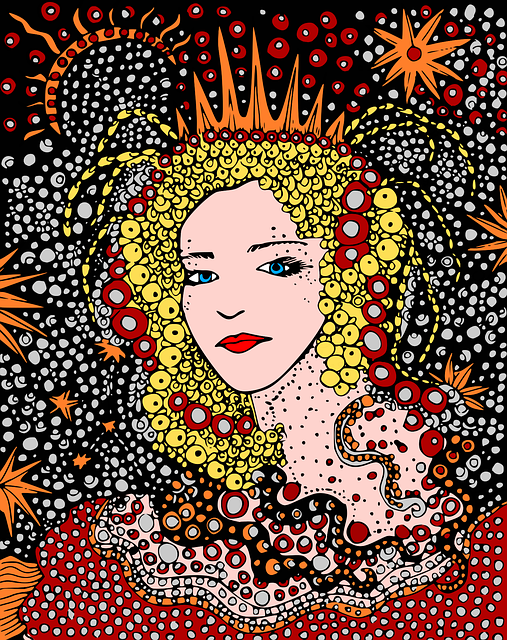Family events and community gatherings are powerful catalysts for neighborhood bonding, fostering trust and inclusivity in diverse areas. Ideal venues – like local parks or redeveloped vacant lots – that cater to all ages and align with event purposes, from intimate gatherings to festivals, strengthen social connections crucial for a neighborhood's appeal in real estate. These shared experiences enhance intergenerational relationships, cultural understanding, and overall resident well-being, ultimately enriching the social tapestry of neighborhoods.
Family events are more than just gatherings; they’re powerful tools for strengthening community bonds. In today’s fast-paced world, these occasions become catalysts for connecting neighbors, fostering a sense of belonging, and creating lasting memories. This article explores the role of family events in building strong communities, from choosing the right venue—a crucial aspect often overlooked in real estate—to designing activities that nurture meaningful connections.
The Role of Family Events in Building Strong Communities

Family events play a pivotal role in strengthening the bonds that hold communities together. These gatherings, whether they’re birthday parties, neighborhood potlucks, or community festivals, create opportunities for families to connect and interact with their neighbors. In the context of real estate, thriving communities are often characterized by strong social connections, which can significantly enhance the desirability of a neighborhood.
When families participate in such events, they foster an environment of trust, camaraderie, and mutual support. This strengthens the social fabric of the community, encouraging collaboration and shared responsibilities. For instance, a block party organized by neighbors can lead to long-lasting friendships, improved communication channels, and a collective sense of ownership over the area. These connections are particularly important in diverse communities, where they can bridge cultural gaps and promote inclusivity, making every member feel valued and part of a supportive network.
Choosing the Right Venue: A Key Component for Successful Gatherings

When organizing family events aimed at reinforcing community bonds, choosing the right venue is a crucial first step. A suitable location should offer ample space for gatherings, accommodate diverse age groups with activities and comfort, and ideally, have significance or appeal to the community at large. Local parks, community centers, and even vacant lots transformed through real estate development can become vibrant spaces where families connect and build stronger ties.
Considerations such as accessibility, parking availability, and proximity to residential areas or public transportation play a vital role in ensuring a successful event. The venue should complement the event’s purpose, whether it’s a simple backyard barbecue fostering neighborhood interactions or a larger festival celebrating community diversity. Real estate that fosters these events becomes an integral part of building a strong, connected community.
Fostering Lasting Connections Through Meaningful Activities

Family events have a unique power to forge and strengthen connections within our communities, creating lasting memories and bonds that transcend real estate boundaries. These gatherings provide an opportunity for neighbors, friends, and family members to come together, share experiences, and create a sense of belonging. Through meaningful activities, such as community potlucks, neighborhood clean-up drives, or cultural festivals, people from diverse backgrounds can find common ground and build relationships that extend far beyond the event itself.
Engaging in these collaborative efforts fosters a sense of shared purpose and collective identity, enhancing the social fabric of our neighborhoods. Whether it’s teaching children traditional crafts, participating in sports tournaments, or simply sharing stories around a campfire, these activities create memories that resonate deeply, uniting people across generations and cultural divides. In turn, stronger community bonds can positively impact the overall well-being of residents, making every neighborhood feel like a vibrant, welcoming home.






